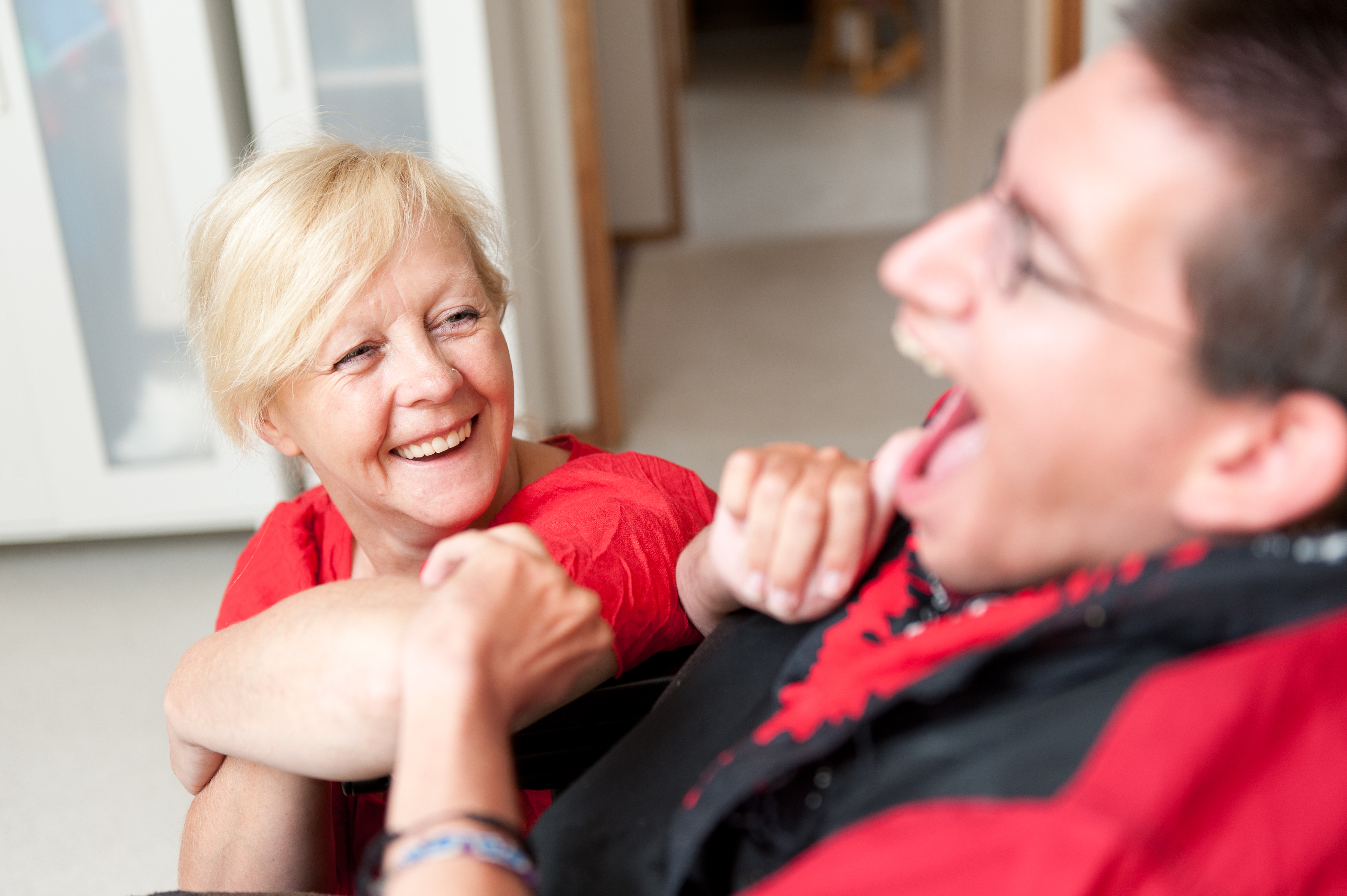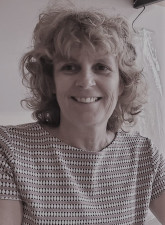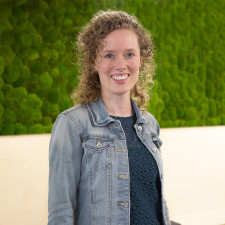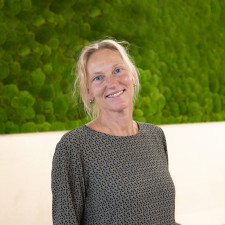Healthy ageing: elective course unit
On this page:

Introduction
In April 2018, the Comenius Senior Fellows 2018 subsidy was awarded to the project ‘Optional multi-level study programme for existing and future professionals on Healthy Ageing in people with an intellectual disability’.
This research project will result in an elective course unit designed to foster inter-professional collaboration among those working with clients who have an intellectual disability and complex care and support needs. The programme draws people together from different disciplines (healthcare and welfare) and different educational backgrounds. The research is being conducted by the user network: Hanze University of Applied Sciences (schools of Nursing, Health Care Studies and Social Studies), the University of Groningen (Department of Special Needs Education), Alfa College (Healthcare and Welfare) and six healthcare organisations in the north of the Netherlands (Vanboeijen, ’s Heeren Loo, Koninklijke Visio de Brink, Philadelphia, De Trans and Talant).
Benefits to practice
The elective course unit will comprise study guides for the different levels of blended learning. The interim results of the project are:
- A description of the entry requirements for participation in the elective course unit, including explanatory notes and justification
- An outline of the elective course unit, including study manuals for the different levels User-ready online learning environment
- Introduction of elective course unit into the existing educational setting: animated video and symposium (June 2020)
About the researchers
What is your role within the Academic Collaborative Centre related to people with PIMD?
Within the Academic Collaborative Centre related to people with PIMD, I carry overall responsibility for the collaborative Comenius project ‘Optional multi-level study programme for existing and future professionals on Healthy Ageing in people with an intellectual disability’. I also work at Hanze University of Applied Sciences, teaching within the School of Nursing and leading the Knowledge Factory ’Maintaining a healthy lifestyle with a disability’. One of the goals of the collaborative relationship between the two organisations is to incorporate research results into education.
What do you hope to achieve?
My ambition is to develop education that encourages students and professionals to look beyond the borders of their own discipline. The complex care and support needs of people with PIMD mean that it is important for all the different healthcare workers involved to collaborate effectively, not losing sight of the broader picture. What motivates me is my desire to get students learning, to keep them learning and to foster their enthusiasm for working with people with an intellectual disability. And I believe that it is important that each person learns to bring their own particular strengths to the collaborative process.
What is your role within the Academic Collaborative Centre related to people with PIMD?
My research topic is lifestyle in people with a moderate to profound intellectual disability. My particular focus is on carers and the support that they can provide in the areas of diet and physical exercise.
What do you hope to achieve?
My ambition is to create a healthier environment for people with a moderate to profound intellectual disability. People with PIMD depend on others making healthy lifestyle choices on their behalf. That’s why I consider it so important that the professionals caring for people with PIMD know what is healthy and are made aware of the sometimes very simple steps that they can take to foster a healthy lifestyle.
Related research of Annelies
What is your role within the Academic Collaborative Centre related to people with PIMD?
I represent Hanze University of Applied Sciences in the Management Team. I am also involved in various doctoral research projects within the ACC-PIMD as a second supervisor. These research themes include motor activation, participation and the quality of life of families who have a child with PIMD.
What do you hope to achieve?
My goal is to meet the need expressed by those involved in the day-to-day support of people with PIMD for theory-based, scientifically underpinned knowledge surrounding diagnostics and treatment. Both in practice and as a scientist, it is my strong desire to advocate for people with severe or profound visual, intellectual and motor-related disabilities. I want to contribute to the generation of new knowledge in the context of a sound scientific process that recognises the value of input from families and professionals.


